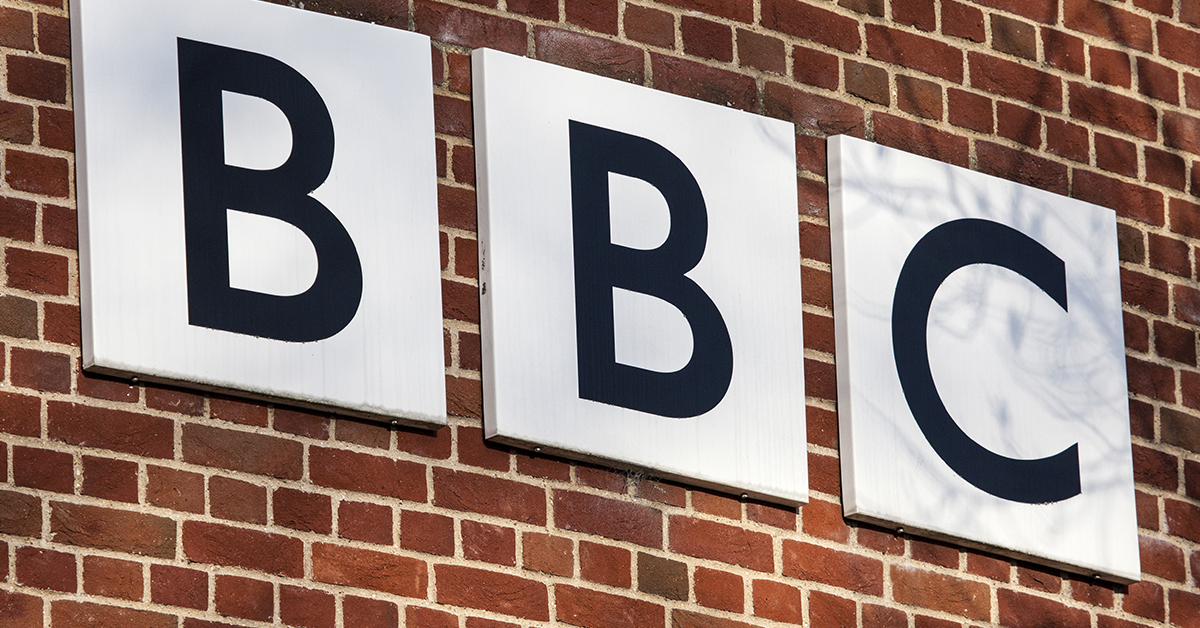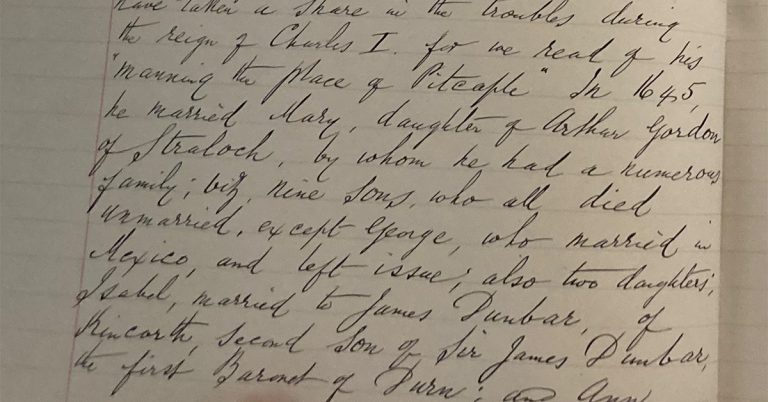
By Julian Petley
Note from the editors of Journal of British Cinema and Television: Given the current state of culture war, the Journal of British Cinema and Television is extremely keen to encourage further discussion of the sort of topics covered in this blog post, which relate to British cinema and television’s role in helping to construct national identity, popular memory and so on. If we can generate sufficient material, the blog posts could be included in the ‘Current Debates’ section of the journal. This is an occasional feature, and is not refereed, so material can be published fairly rapidly. Ideally, pieces should not exceed 2,000 words. Find out how to submit an article.
Dog whistling
As a writer for the Telegraph, Heffer is much exercised by Barwise and York’s numerous references to the right-wing press, to which he insists on referring throughout his review in scare quotes as ‘right-wing’. However, it is unarguable, indeed axiomatic, that these papers (the Telegraph, Times, Mail, Sun and Express) are right-wing: they all vociferously backed the Conservatives at the 2017 and 2019 elections, and have consistently supported not simply the Tory party but its right wing long before and ever since. Thus the quotation marks are ridiculous, although I must admit that I’ve found it difficult to refrain in this piece from referring to the Telegraph as a ‘newspaper’, such has been the drastic decline of its journalistic standards over the past couple of decades.
Heffer contends that the phrase ‘right-wing’ says more about those who use it than it does about the papers to which Barwise and York have applied it. This is a way of dog whistling that they’re members of the dread ‘liberal elite’: his code for this is that they are ‘well-to-do, sophisticated men of a certain age’ whose book ‘drips with moral and social superiority’. His argument here, such as it is, is that the right-wing press ‘more effectively echoes the views and tastes of a majority of people’ than does the BBC, and that the authors ‘make assumptions about the nature, standing and pervasiveness of the BBC that [are] at odds with the views of many of its consumers’.
In fact, there is a vast amount of reliable evidence that the BBC is far more trusted as a news source than is the national press (for example YouGov 2020; Kantar / Directorate-General for Communication (European Commission) 2019; Cathcart 2017) but what I want to take issue with here is Heffer’s insistence that, when it comes to the BBC (or anything else for that matter), the voice of the right-wing press is the voice of ‘the people’. This view is, of course, not confined to Heffer, but because it is such an axiom of Tory politicians and the newspapers that support them, and because it looms so large in the war against the BBC, I want to consider how Heffer mobilises it here.
Millions like us
Asserting that ‘millions of us’ don’t think like Barwise and York, Heffer contends that:
Were they columnists on one of the ‘Right wing’ papers they despise, they would soon be drowning under the weight of letters and emails from readers listing everything they find objectionable about the BBC – the preachy, hectoring, social-engineering agenda of its drama programmes, the assumptions that seem to underpin its European coverage, the excessive ‘diversity’ … and so on.
Maybe so. But just how representative are the views of right-wing newspapers and their readers of the population as a whole? It’s time to get the calculator out again.
At the last election, the total circulation of Tory newspapers was 3,322,000. Again being generous, this translates into 9,966,000 readers, that is, 15.3% of the total population and 31.1% of the 32,014,110 people who cast their vote. Those who voted accounted for 67.3% of all registered voters. So, hardly the vox populi. Of course, Heffer might base his argument that the right-wing press represents the views of ‘millions of us’ on the Tories’ huge parliamentary majority, but this is largely the result of our antiquated voting system. Thus the Tories won 365 seats, 56% of the total number, on 43.6% of the vote, while Labour won 202 seats, 32.1% of the total number, on 31.1% of the vote. In sum, the Tories won a landslide majority in terms of seats on a minority of the votes cast.
Of course, one can’t necessarily ascribe to a newspaper’s readership the political views of the media mogul that owns it, although in fact there’s a significant amount of congruence. Thus at the time of the 2019 election, 79% of Telegraph readers supported the Tories, and the figures for the other right-wing papers were: Express (77%), Mail (74%), Sun (59%) and The Times (58%) (Wring and Deacon 2019: 105). But this raises the question of whether it’s the job of a newspaper simply to tell its readers what they want to hear and to confirm them in the views that they already hold. This might be a commercially successful strategy, but it is most certainly not in line with the ideals of the Fourth Estate, not least because it leads to the kind of solipsistic filter bubbles which newspapers such as the Telegraph are always so ready to condemn in the case of social media. This, however, is apparently fine by Heffer, who complains that Barwise and York ‘savage’ Paul Dacre (until recently editor of the Mail) ‘for his perception of the BBC as an institutionally Leftist organisation’ when ‘all he did was reflect the feelings of his readership about some of the excesses of the BBC. If his readership had not felt that way, he would have given up running negative stories about the Corporation’. But the question is: where did those feelings come from in the first place? One source, in all likelihood, would have been the Mail itself.
The right-wing press and the short-circuit of communication
As someone who has long been critical of the cruder forms of ‘media effects’ thinking, I’m certainly not arguing that the Mail simply tells its readers what to think and that they passively agree with its every word. But what has always interested me is the very long-term influence of right-wing newspapers in the cognitive domain (think Brexit), and not short-term media effects in the behavioural domain. The right-wing press has attacked the BBC for as long as I can remember (albeit never with quite the current intensity), and it is perfectly possible that these attacks, particularly when amplified on social media, as they are today, have coloured the ways in which at least some of their readers interpret BBC programmes. In this respect, it’s worth noting Ofcom’s observation that:
Our research found that audience views on the BBC’s impartiality were influenced by many factors, only one of which was the BBC’s news and current affairs content … Those less engaged with BBC coverage often based their perceptions of BBC impartiality on other sources, such as newspaper reports, other media or word of mouth. (2019: 14).
It is, of course, equally possible that many of the readers of right-wing newspapers don’t agree with their anti-BBC line and would be extremely upset if some of their favourite programmes disappeared along with the BBC itself. But, as we have seen, the vast majority of adults in the UK don’t read these papers at all, and one fears that they may have not the slightest idea of the truly poisonous anti-BBC propaganda campaign that is being waged daily in their pages. This is not to argue that ‘it’s all got up by the press’, since right-wing Tory MPs and ‘free market’ think tanks also play key roles here. However, it is largely through highly supportive newspapers that their views are amplified and propagated.
Thus what we have here is a classic example of the short-circuit of communication, in which the government justifies its policies by arguing that it is responding to ‘public opinion’, but cynically reads off ‘public opinion’ from what is said in the client press. But, of course, it was the machinery of government that helped to construct these press stories in the first place. Furthermore, although these papers always claim to speak on behalf of ‘the public’ they are actually ventriloquising an extremely narrow spectrum of opinion, which chimes with that of the moguls that own them. The end result is a perfectly circular process in which what large numbers of people actually think counts for almost nothing in the making and shaping of public policy, and in which most people possess very little awareness of the spin, manipulation and chicanery that is taking place to a significant extent behind their backs.
A call to arms
Whatever the faults of the BBC, and I’ve not been exactly backward in documenting these over the years, it would, in my view, be culturally, politically and economically catastrophic for the UK and its citizens if the BBC were to be defeated in the war so ably documented by Barwise and York. The BBC needs to be defended against the extremely powerful commercial and political vested interests (some of which are frankly sinister) now ranged against it, and it’s vital that people understand what’s actually going on. A very useful first step would be for them to read Barwise and York’s exemplary book, which manages to pull off the difficult feat of being both eminently readable, closely argued and absolutely fact-packed.
References
Cathcart, B. (2017), ‘Trust, newspapers and journalists: a review of the evidence’, Radical Statistics, 118, pp. 3-19
Kantar / Directorate-General for Communication (European Commission) (2019), Standard Eurobarometer 92, Media Use in the European Union, Brussels
Ofcom (2019), Review of BBC News and Current Affairs, London: Ofcom
Wring, D and Deacon, D. (2019), ‘The final verdict: patterns of press partisanship’, in D. Jackson, E. Thorsen, D. Lilleker and N. Weidhase (eds) UK Election Analysis 2019: Media, Voters and the Campaign, Bournemouth: Centre for Comparative Politics and Media Research, Bournemouth University, pp. 104-5
YouGov Survey Results (2020)
The Journal of British Cinema and Television is indispensable for anyone seriously interested in British cinema and television. Themed issues alternate with general issues, and each issue contains a wide range of articles that encourage debate. Sign up for Table of Contents alerts, find out how to subscribe, or recommend to your library.






